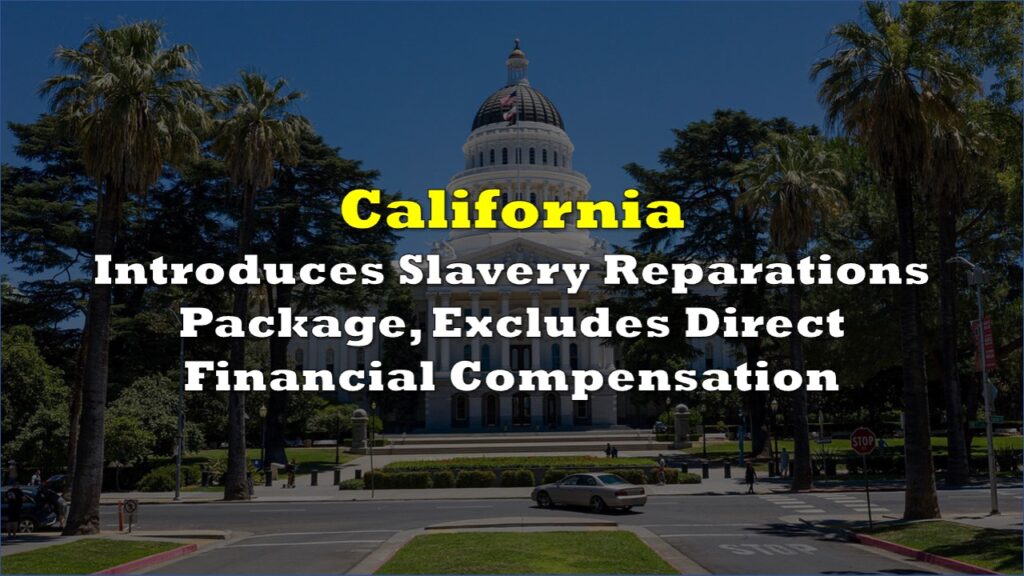California businesses are reeling from unexpected payroll tax increases, a ripple effect of the state’s decision to stop paying off nearly $20 billion in unemployment insurance debt owed to the federal government. The financial burden, now shifted to employers, highlights broader concerns about California’s fiscal management and its business climate.
During the COVID-19 pandemic, California’s Employment Development Department (EDD) was overwhelmed with unemployment claims. To ensure benefits were paid, the state borrowed heavily from the federal government, amassing nearly $20 billion in debt. The situation was exacerbated by an estimated $20 to $32 billion in fraudulent claims, making California’s unemployment insurance fraud crisis one of the largest in the nation.
The state has since defaulted on its federal unemployment insurance loans. Under federal law, when a state defaults, businesses are required to cover the debt through increased payroll taxes. As a result, employers statewide are now paying higher Federal Unemployment Tax Act (FUTA) rates, adding a significant financial strain.
Chef Andrew Gruel, a prominent California restaurateur and owner of Calico Fish House, recently brought the issue to light after discovering a $2,000 increase in his business’s payroll taxes.
“California has a budget shortfall, and the federal government wants money back that it lent California for unemployment insurance that it ‘lost.’ They are making up for it by having business owners pay it,” Gruel wrote.
Gruel added that the increase accounted for 10% of his total payroll, calling it a “punishment” for businesses trying to recover from the pandemic. His frustrations echo those of countless other business owners who are now grappling with unexpected costs.
Wait, what https://t.co/0tdHwu42ko pic.twitter.com/Rp4jA7Sy7y
— Mason (@webdevMason) November 21, 2024
The federal government collects a 6% FUTA tax on the first $7,000 of each employee’s wages but offers a 5.4% credit for employers in states that repay their unemployment insurance loans on time. For California employers, that credit has been reduced due to the state’s default, effectively increasing their FUTA rate from 0.6% to 1.2% in 2023. This increase is expected to grow by 0.3% annually until the debt is repaid, significantly raising costs for businesses.
In recent years, California had the opportunity to use part of its budget surplus to address the unemployment insurance debt but opted not to. Despite calls from business groups and lawmakers to allocate resources for repayment, the state redirected funds to other programs, leaving the debt to grow.
The EDD’s mismanagement during the pandemic compounded the problem. A 2021 state audit revealed that fraudulent unemployment claims—including those filed under the names of inmates and nonresidents—accounted for billions in losses. While the state has implemented reforms to prevent future fraud, the damage has already been done, leaving businesses to shoulder the cost of past mistakes.
Employers in California will continue to face escalating payroll tax rates unless the state takes steps to repay the federal loans. For many small businesses, these increases could be devastating, especially as they recover from the economic fallout of the pandemic.
Business advocacy groups, such as the California Chamber of Commerce, have called for state intervention to alleviate the burden. However, without legislative action, the financial pressure on employers is likely to persist.
Information for this briefing was found via the sources mentioned. The author has no securities or affiliations related to this organization. Not a recommendation to buy or sell. Always do additional research and consult a professional before purchasing a security. The author holds no licenses.









